In the digital age, freelancing has revolutionised the way professionals offer their services, breaking geographical barriers and connecting skilled individuals with clients worldwide. Pakistan, with its vast pool of talented freelancers, has emerged as a significant player in the global freelancing industry. Despite being a low-paying market, where freelancers charge relatively lower rates compared to their international counterparts, many Pakistanis rely solely on freelancing as their primary source of income.
The freelancing industry in Pakistan has grown exponentially over the years, with thousands of professionals offering services in various fields, including software development, content writing, graphic design, and digital marketing. Platforms like Upwork, Fiverr, and Freelancer have made it easier for Pakistani freelancers to find clients and showcase their skills. However, the recent Internet disruption crisis has brought this thriving industry to its knees.
For almost a month, Pakistan has faced intermittent Internet outages, which increased in the past two weeks, disrupting the workflow of freelancers who rely on a stable Internet connection to communicate with clients, submit work, and meet deadlines. The government's web management system upgrade, suspected to involve the installation of a national firewall, has raised concerns among experts and freelancers alike. The firewall, intended to regulate online content, may inadvertently stifle the growth of the freelancing industry, pushing Pakistan's economy further into the shadows.
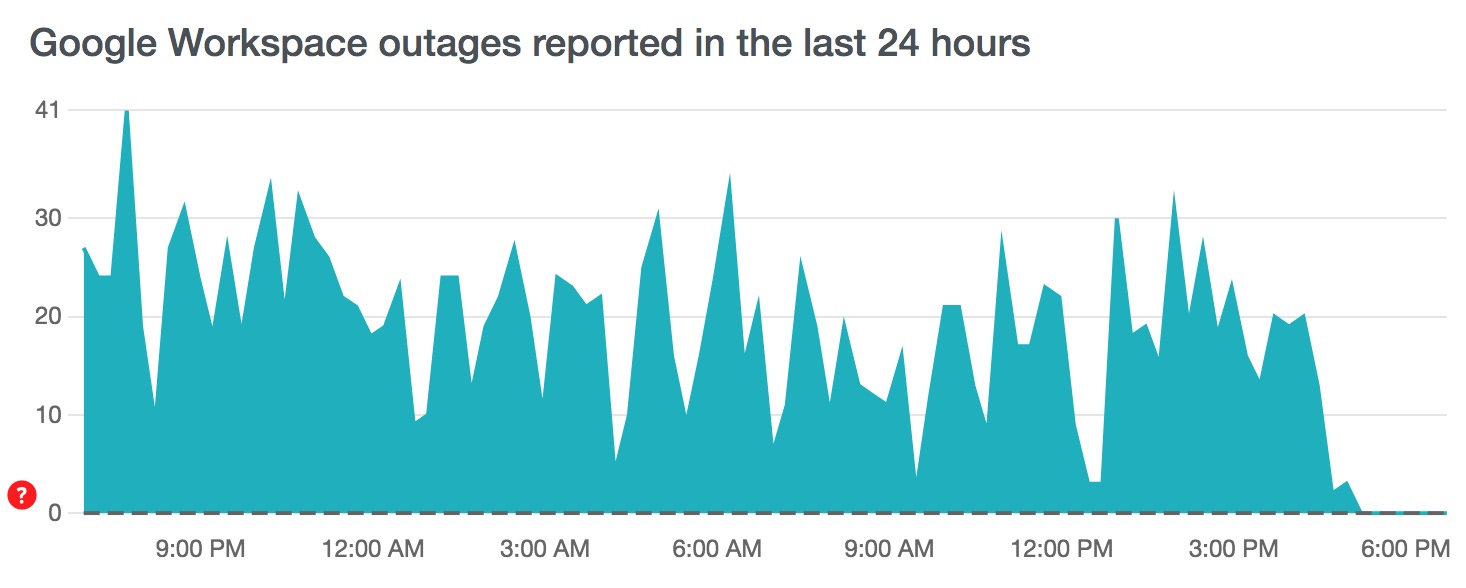
As the Internet disruption continues, freelancers are losing projects, damaging their relationships with clients, and struggling to make ends meet. Fiverr's temporary measures to protect freelancers' ratings offer some respite, but the long-term effects of this crisis may be devastating. The country’s freelancer community was unanimous in complaining that persistent Internet disruptions were not just wasting their time and effort but also negatively affecting their ratings and by extension Pakistan’s perception when it came to clients around the world. With the potential loss of up to $300 million to Pakistan's economy, as estimated by the Pakistan Software Houses Association (P@SHA), the government must act swiftly to address the issue.
Ironically, while the freelance community struggles to cope with the internet disruption, the Chief Minister of Punjab, Mariam Nawaz, is advertising the establishment of Nawaz Sharif IT city in Punjab on Times Square, highlighting the government's ambition to promote the IT sector. Meanwhile, ministers promise to introduce 5G technology and faster Internet speeds, but the current Internet infrastructure remains crippled. As the freelancing industry teeters on the brink of collapse, it is essential to examine the impact of the Internet disruption crisis and the measures needed to safeguard the future of freelancing in Pakistan.
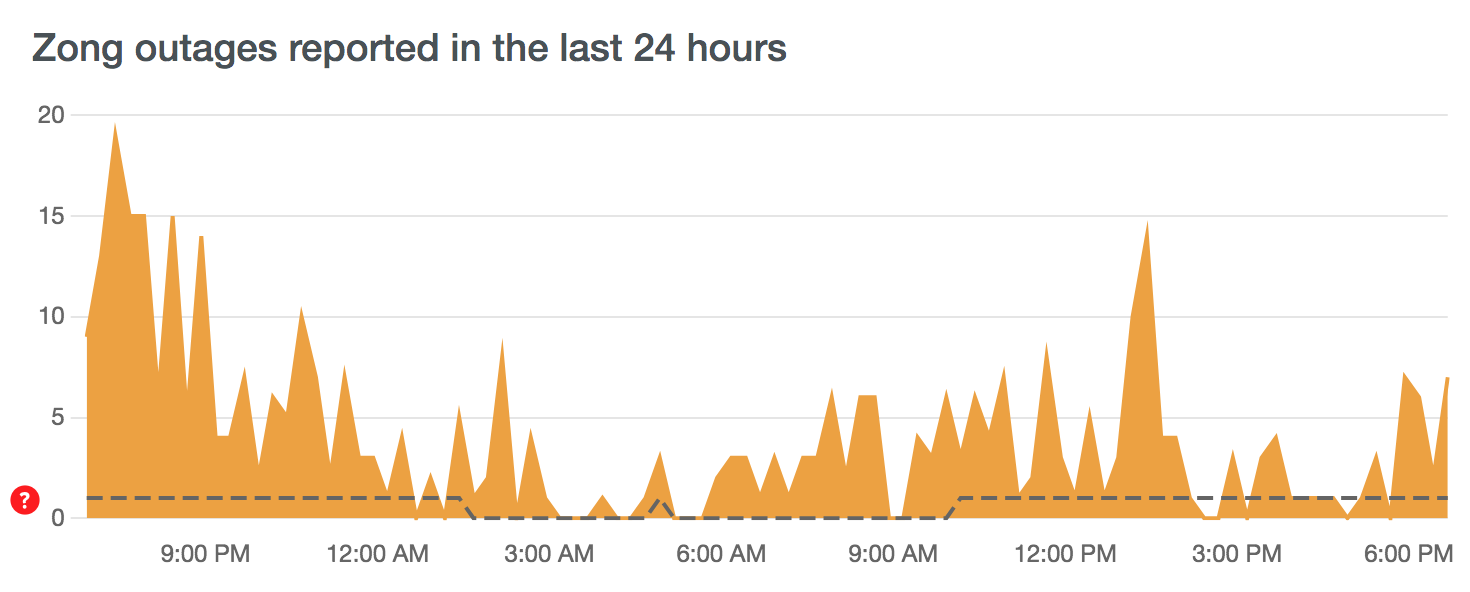
Struggling to connect
For almost a month, Pakistan's Internet users have been facing intermittent disruptions, slow browsing speeds, and arbitrary blocking of social media platforms. The issues escalated when WhatsApp connectivity problems emerged, affecting mobile data users. Despite initial denials, the IT minister finally acknowledged the government's role in upgrading its 'web management system' to counter cyber security threats.
Minister of State for Information Technology and Telecommunication Shaza Fatima Khawaja attributed the disruptions to a routine exercise aimed at enhancing Internet security. However, users continued to experience problems accessing social media platforms, including WhatsApp, YouTube, Facebook, and Instagram. Downdetector reported an unusually high number of complaints about disruptions between 12 noon and 1 pm.
Freelancers, who rely heavily on Internet connectivity, bore the brunt of these disruptions. Dr. Amir Abbasi, a professor at Quaid-i-Azam University, highlighted the impact on students' work, saying, "Over the past two weeks, students have struggled to meet project deadlines... This has raised concerns among academic institutions." Senator Afnanullah Khan warned that unresolved Internet issues could significantly impact IT sector exports, exacerbating Pakistan's economic crisis.
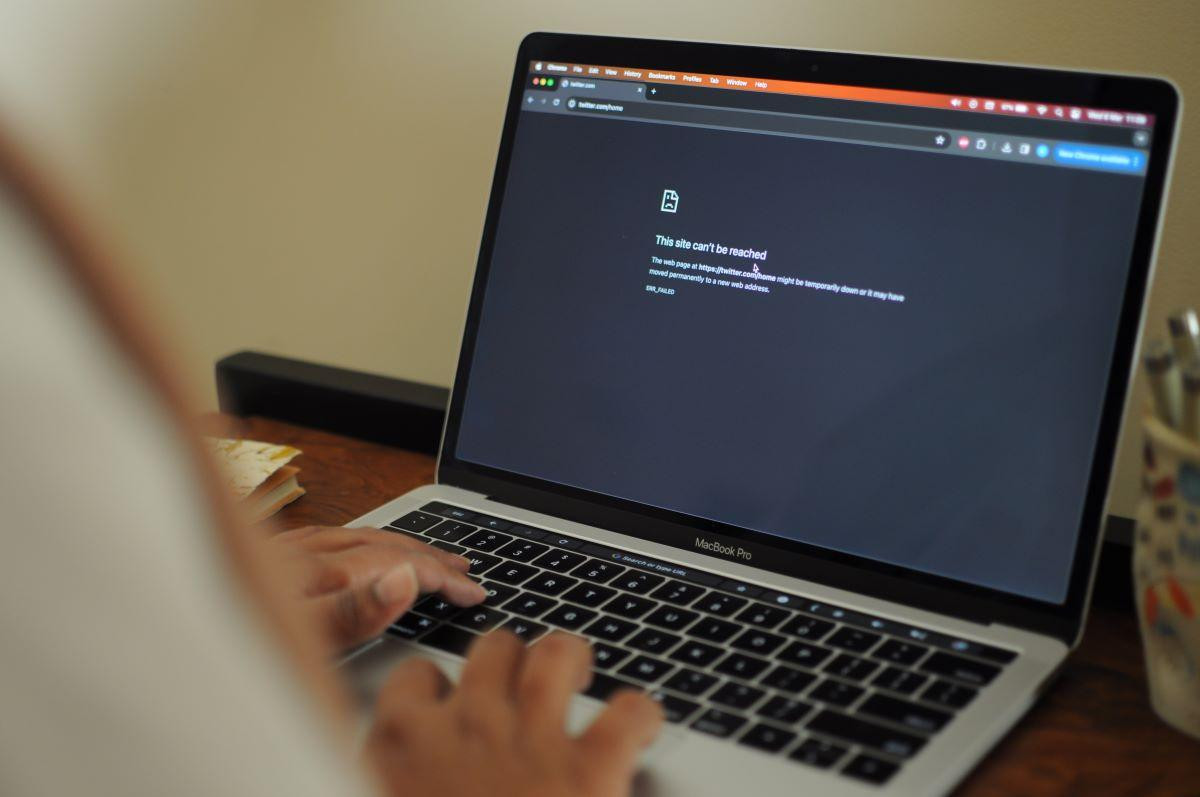
The Pakistan Software Houses Association (P@SHA) estimated potential losses of up to $300 million due to Internet disruptions, citing a lack of transparency around the firewall as a major concern. Ali Ihsan, P@SHA's senior vice chairman, described the disruptions as a "direct, tangible, and aggressive assault on the industry's viability." The association demanded an immediate halt to the "digital siege" and urged the government to engage with the industry to develop a cybersecurity framework.
Other organisations, including the Overseas Investors Chamber of Commerce and Industry (OICCI) and the Karachi Chamber of Commerce and Industry (KCCI), also expressed concerns about the impact of Internet disruptions on innovation, foreign direct investment, and businesses. Iftikhar Ahmed Sheikh, KCCI president, emphasised the need for prompt restoration of Internet connectivity, stating, "In the era of digitalisation, Pakistan cannot afford such delays."
A freelancer in Karachi, while talking to The Express Tribune expressed his distress over the Internet issue making difficult for him to submit his assignments. “I am a graphic designer and I have big files to upload for my assignments that I get from international clients. I have mentioned in my gig that I can do a quick design and deliver on urgent basis, so usually the client come to me with tight deadlines. Due to slow internet or having trouble in uploading the document I passed my deadlines which affected my rating,” he said.
He added that not only this but also the relationship with the client is affected. “When I don’t know how will the Internet behave tomorrow then how can I commit the client a delivery date? This is making really difficult for us and eventually we will end up having no clients,” he said adding that he fully relies on the freelance work he gets.
As the government continues to grapple with cyber security threats, it is essential to recognise the severe impact of Internet disruptions on freelancers, businesses, and the economy. The installation of a firewall, intended to protect national interests, must be balanced with the need to ensure uninterrupted Internet access. The government's actions will determine the future of Pakistan's freelancing industry and its ability to compete in the global digital economy.
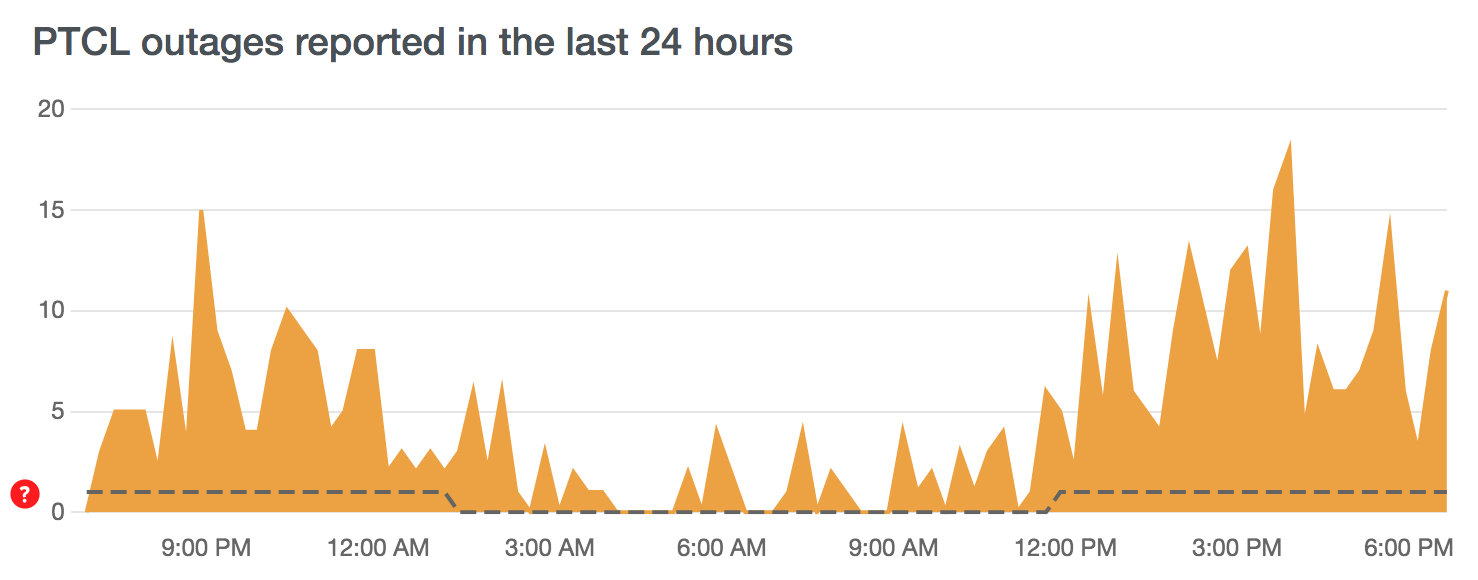
Losing clients
Mawrah Khan, a freelance professional based out of Rawalpindi, shared her disheartening experience of losing a lucrative contract with an Irish firm due to Pakistan's Internet disruptions. Despite her best efforts, the deal slipped through her fingers, leaving her "speechless and disappointed."
"I have never been this speechless and disappointed in my entire life," wrote Mawrah. The final meeting, which was supposed to be a formality, turned into a nightmare when Mawrah joined late due to Internet issues. The client's concerns about the reliability of Pakistan's Internet infrastructure proved to be the final nail in the coffin.
When asked about the Internet situation, Mawrah tried to downplay it, saying, "the situation will be okay in no time as it's a new installed firewall." However, the client was not convinced, citing their own research that revealed the panic among Pakistani freelancers and the political undertones of the Internet disruptions.
"I don't think so," the client said. "While she was late, I did a little searching, and apparently, even the freelancers are panicking. Also, it is a political situation."
The lack of reliable Internet connectivity and the government's actions have created a perfect storm that threatens the livelihoods of thousands of freelancers. As Khan poignantly put it, "I am too tired to blame this on anyone. I am too busy blaming myself."
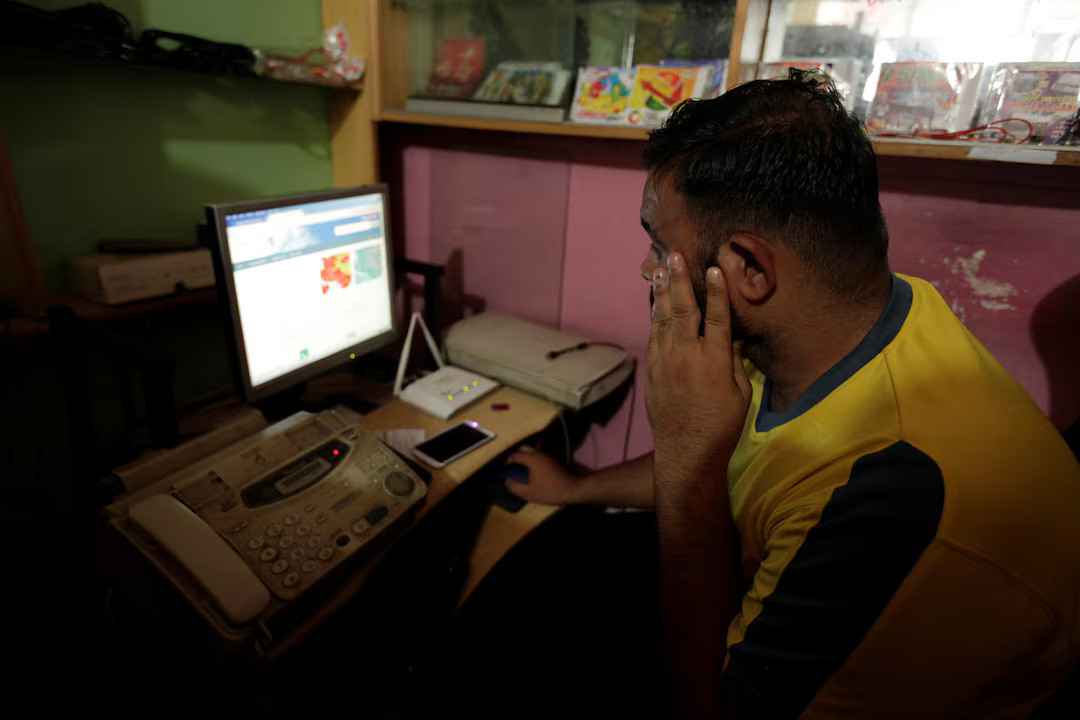
During the Internet outage, Fiverr took temporary measures to protect Pakistani freelancers' ratings by making their profiles unavailable. This proactive step ensured that freelancers' ratings wouldn't be negatively impacted due to circumstances beyond their control. By doing so, Fiverr demonstrated its commitment to supporting its community, especially during times of political uncertainty.
"There have been several times when Fiverr has taken these kinds of actions. When there is heavy rainfall, urban flooding, bad law and order situations, or a countrywide issue, Fiverr by default writes a line on the profiles of Pakistani freelancers that, 'The user is unavailable due to unforeseen circumstances, however, you can message the user and they will respond when they are available'," said Haroon Ismail, a freelancer.
He added that still there is an option given to the freelancer to change the status to available. “When you open Fiverr, they give you an option to change your status, so if you are available then you can change the status,” he added.
Fiverr's actions allowed Pakistani freelancers to breathe a sigh of relief, knowing that their hard-earned ratings were safeguarded. The platform's swift response mitigated potential damage to their reputation and financial stability. When the Internet connectivity was restored, freelancers could resume work without worrying about lost opportunities or damaged credibility. Fiverr's temporary measures served as a safety net, showcasing the platform's dedication to its users' success and well-being.
The Express Tribune reached out to several freelancers across Pakistan to gauge the impact of the Internet disruptions on their work. The responses revealed a stark contrast in experiences. Marwah, a freelancer based in Rawalpindi, reported struggling to access the internet, while Sarah Ashraf Khan in Lahore said, "I also work remotely and I didn't face any problem. I'm conducting, attending my meetings regularly without any issue."
Similarly, Sabah Muhammad, a freelancer in Karachi, shared that she was able to successfully deliver her orders without any hitches. However, not all freelancers in Lahore were as fortunate. Ebad Azeem reported facing issues, with orders marked as "pending." Despite attempts to circumvent the problem using VPNs, the issues persisted. These varying accounts highlight the uneven impact of the Internet disruptions across different regions and individuals, underscoring the need for a comprehensive solution to address the crisis.
This sense of helplessness and self-doubt is a harsh reality for many freelancers who have invested their time and resources into building a career in the digital economy. The Internet disruptions have not only affected their work but also their reputation and credibility in the global market.
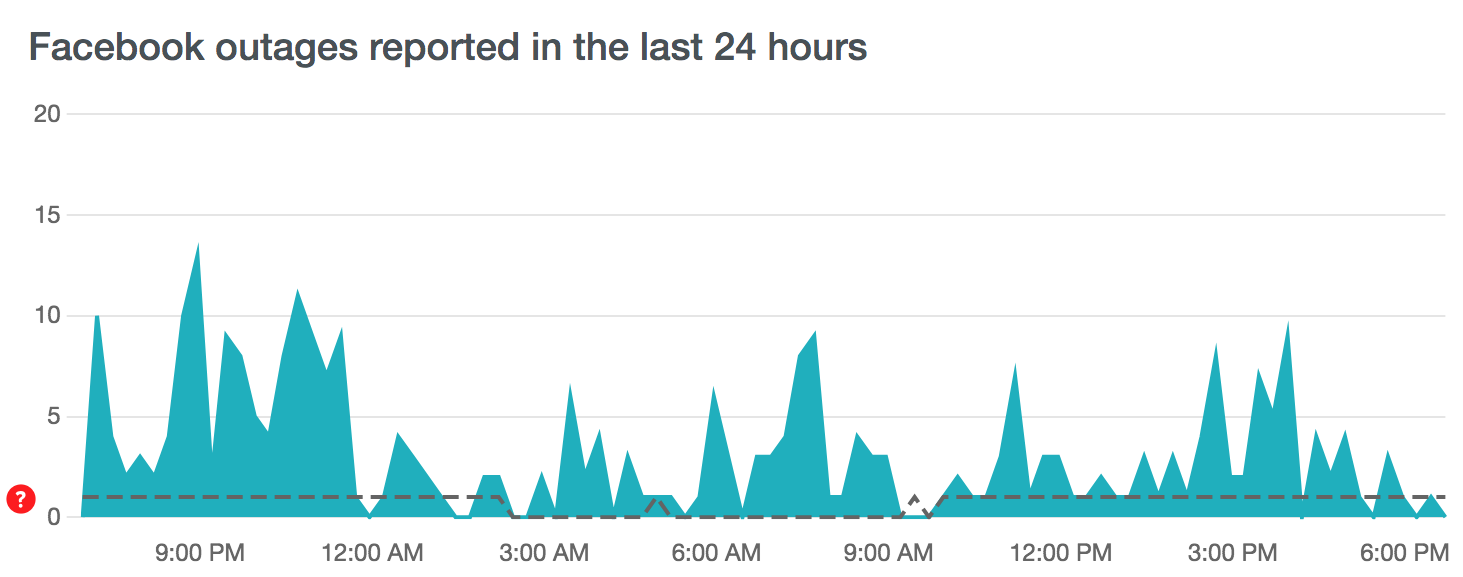
Economic consequences
The Internet disruptions have far-reaching economic implications for Pakistan, with potentially devastating consequences for the freelance community and industry. According to an estimate by the Pakistan Software Houses Association (P@SHA), the country's economy stands to lose a staggering $300 million due to the Internet disruptions.
According to Ali Ihsan, senior vice chairman of P@SHA, "These disruptions are not mere inconveniences; but, a direct, tangible and aggressive assault on the industry's viability – inflicting an estimated and devastating financial losses estimated to reach $300 million, which can further increase exponentially." The lack of transparency surrounding the firewall has "ignited a firestorm of distrust" among Internet users and global IT clients, who fear their proprietary data and privacy will be compromised.
The economic consequences of the Internet disruptions are far-reaching, with potential damage to Pakistan's burgeoning IT industry. The country's IT exports have been growing steadily, reaching $298 million in June, up 33% from the previous year. However, the imposition of the firewall threatens to undermine this progress, deterring foreign investment and eroding the confidence of international clients.
P@SHA has demanded an "immediate and unconditional halt to this digital siege" and called on the government to engage with the industry to develop a cybersecurity framework. The industry's growth and reputation are now at risk, with potential long-term consequences for the country's digital economy. The government's actions may inadvertently push businesses and freelancers to seek opportunities in other countries, leading to a brain drain and loss of talent.
Furthermore, the blocking of social media platforms, such as X, has already raised concerns about censorship and the stifling of critical voices. The government's actions may be perceived as an attempt to control the narrative and suppress dissent, rather than addressing legitimate concerns about online content. This perception may damage Pakistan's reputation globally, making it harder to attract foreign investment and talent.
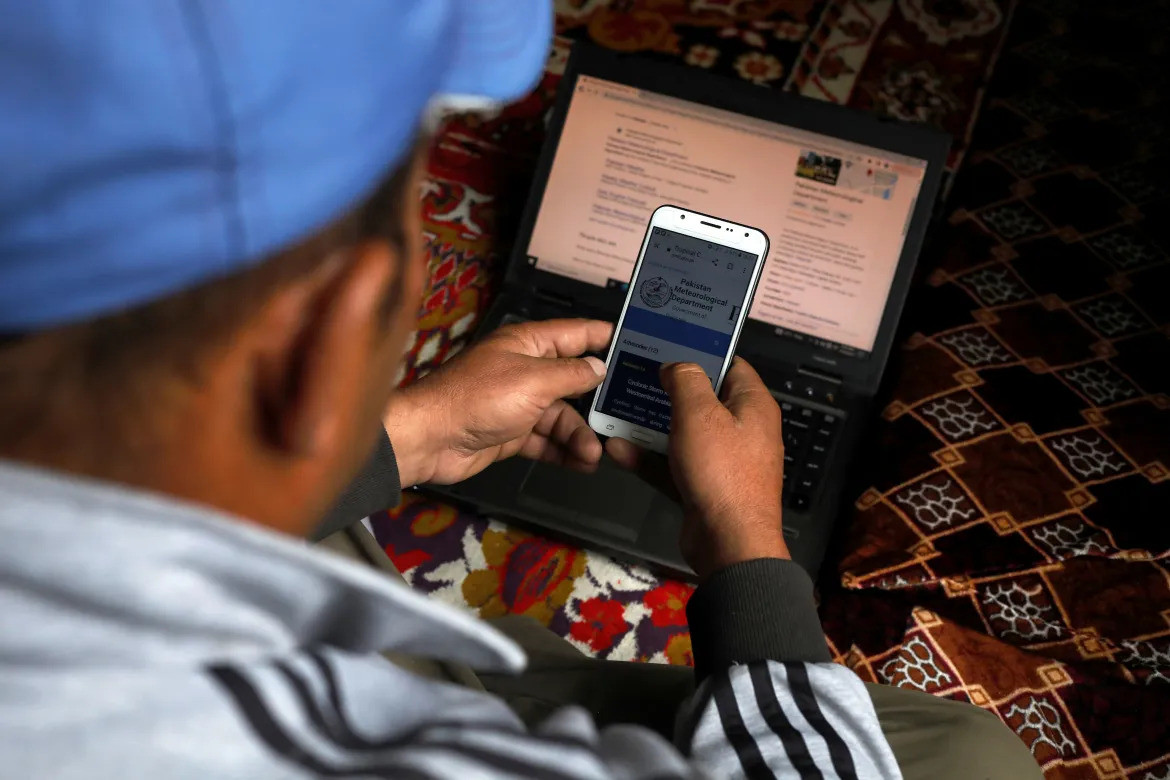
Irony and contrasts
The Internet disruptions in Pakistan have highlighted several ironies and contrasts, underscoring the gap between the government's aspirations and the reality on the ground. These contradictions have left many in the IT industry and beyond scratching their heads, wondering if the government is truly committed to supporting the growth of Pakistan's digital economy.
One notable example is the advertisement at the Time Square in New York, for the Punjab government's IT city, launched by Chief Minister Punjab during the Internet troubles. The advertisement promises a futuristic hub for technology and innovation, with state-of-the-art infrastructure and seamless connectivity. Yet, the very foundation of this vision - reliable Internet connectivity - remains elusive, with freelancers and businesses struggling to access the Internet.
Furthermore, ministers have been touting the arrival of 5G technology and faster Internet speeds, even as the existing infrastructure struggles to cope with the demands of the digital economy. Minister of State for Information Technology and Telecommunication Shaza Fatima Khawaja recently stated, "The internet should never be slow. We have even been talking about bringing 5G technology to Pakistan. There is no doubt about that, and conversations about higher Internet speed are underway." However, these claims ring hollow when the basic requirements of a stable Internet connection are not being met.
The contrast between the government's rhetoric and the experiences of freelancers and businesses is stark. While officials tout the potential of technology to drive economic growth, those on the ground are battling to maintain their workflows and meet deadlines due to the unreliable Internet. This irony has not gone unnoticed, with many taking to social media to express their frustration and disappointment.
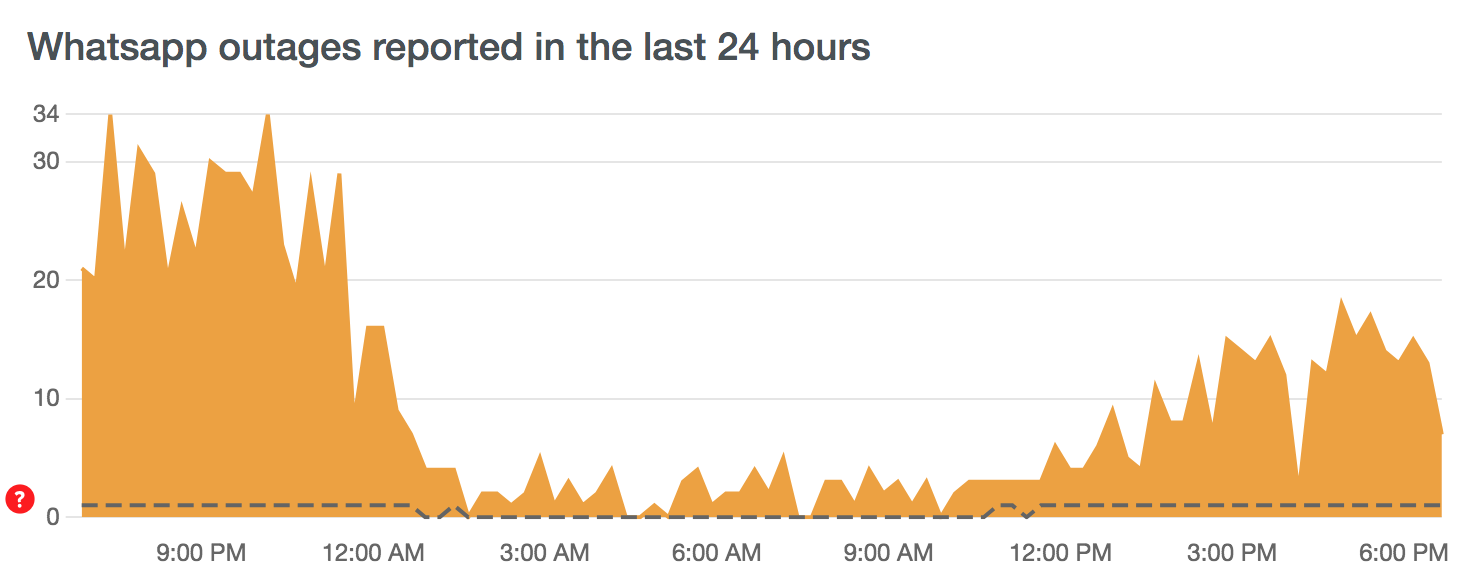
Future of Internet
The Internet disruptions in Pakistan have brought to the forefront the precarious nature of the country's digital infrastructure. The freelancing community, a significant contributor to Pakistan's economy, is bearing the brunt of these disruptions. If the Internet issues persist, the future of freelancing in Pakistan looks bleak.
The country's freelancers, who have worked tirelessly to build a reputation for excellence, will be forced to seek opportunities elsewhere. This will not only lead to a brain drain but also result in a loss of foreign exchange earnings, ultimately harming Pakistan's economy.
It is imperative that the authorities take immediate action to address the Internet disruptions. The government must work towards creating a robust and reliable digital infrastructure, one that can support the growing demands of the digital economy.
We call on the authorities to, investigate the causes of the internet disruptions and take corrective measures, develop a comprehensive plan to upgrade Pakistan's digital infrastructure, engage with the freelancing community and other stakeholders to understand their needs and concerns, and take concrete steps to ensure that Pakistan's internet connectivity is stable, fast, and reliable.
The future of freelancing in Pakistan depends on it. The authorities must act now to prevent a potentially catastrophic blow to the country's digital economy.
